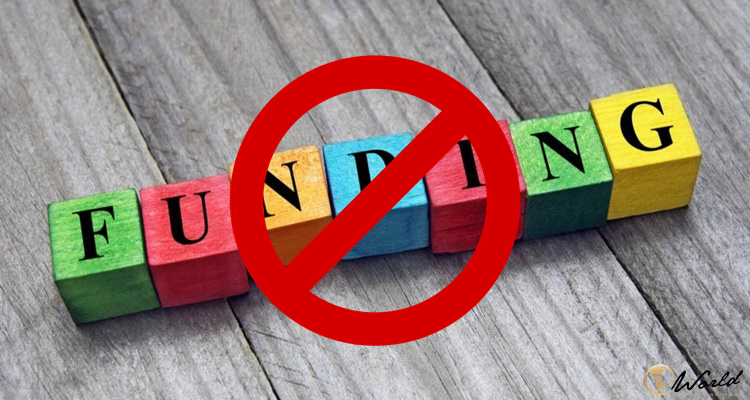Problem gambling is currently among the biggest problems in the whole industry. These days, it’s a point of argument between private sports betting operators and the District.
The DC wants to use part of the money dedicated to problem gambling for other purposes, and the operators don’t agree with that.
The initiative that wasn’t supported:
Muriel Bowser, the Mayor, in the budget proposal for fiscal 2024, wanted to take the amount of $200.000 a year that was dedicated to the problem gambling and redirect that money somewhere else. However, the District so far got $600.000 from taxes collected from sports betting operators, and that revenue hasn’t been invested in the reduction of problem gambling.
Jeremy Kudon, one of the members of the Sports Betting Alliance (SBA), the industry’s lobbying group, says they’re against this initiative. In his testimony, which was submitted to the Committee on Health at the end of the last month, he said that all operators had their own tools that helped in solving the problem gambling issue but that the District’s funds were also very important. He said: “Legal and regulated sports betting operators provide tools and resources to help players manage their gaming habits and prevent problem gaming, including self-limits on the amount of time spent on the platform, caps on account deposit and betting amounts, and exclusion all together from the app. In addition, legal and regulated sports betting operators have dedicated Player Protection teams to support the monitoring of user accounts for potential problem gaming behavior and language.”
He added that the applications and resources that were used were the most effective in the prevention and reduction of problem gaming.
The SBA strongly supports the District’s operators, including new member Fanatics Sportsbook, as well as BetMGM, DraftKings, and FanDuel, the most popular operators in the state.
Issues in the U.S. market:
The DC market was regulated back in 2019, and then the license for operating got Intralot, the D.C. Lottery supplier. After that, more operators got their licenses, but the problems related to the D.C. sports betting market remained.
As Chris Cylke, the American Gaming Association Senior V.P., said, this problem is only the latest on the long list of issues in the District. As he stated, the AGA supported the operators. He pointed out that the District had an obligation to provide the operators with some resources for problem gaming. There is also the need to promote a competitive mobile marketplace in order to increase revenue, which will further help in solving the issue related to problem gaming.
As per the Responsible Gambling Collaborative’s report from January 2020, many states haven’t managed the problem gaming issues in the right way, especially when it comes to funding.
Tax funds weren’t used for that purpose in Kansas, Louisiana, Missouri, and Oklahoma, and in total, 14 states were investigated.
The results were unclear in California, Iowa, Mississippi, and Ohio.



